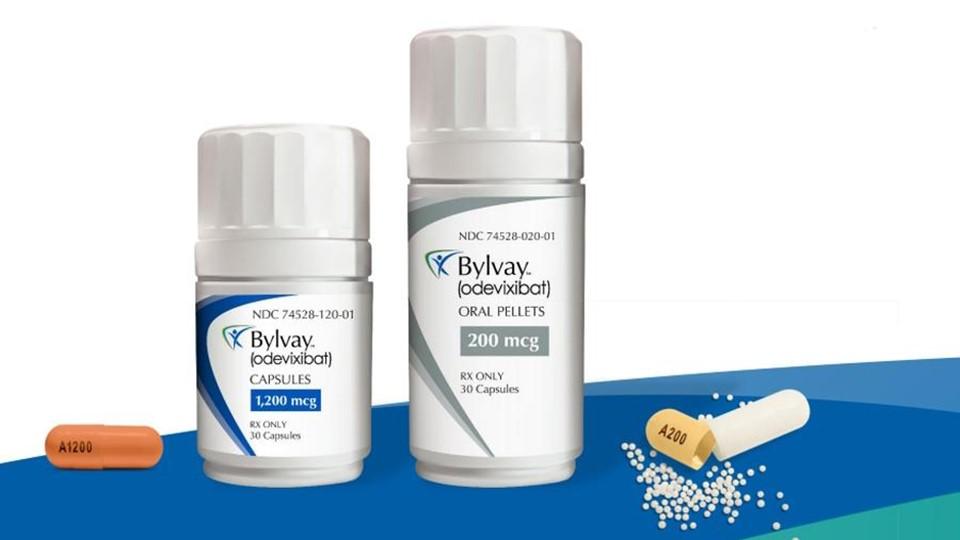Ipsen to refile Alagille drug after EU blocks orphan status

Ipsen has said that it plans to file a new marketing application for its treatment for itch in Alagille syndrome (ALGS), Bylvay, after failing to persuade an EMA committee that it should have orphan status in the EU.
The French pharma said it will file the drug, based on the active ingredient odevixibat, under a new trade name as a treatment for ALGS, after the Committee for Orphan Medicinal Products (COMP) confirmed an earlier decision on its designation.
In a statement, Ipsen noted that orphan designation – which covers drugs intended to treat rare diseases – “has a strong influence on the reimbursement mechanisms and access for patients to medicines in some countries in the EU.” The status also gives 10 years of marketing exclusivity after authorisation.
Odevixibat was recommended for approval as an ALGS therapy by the EMA’s Committee for Medicinal Products for Human Use (CHMP) in July, shortly after the drug was approved for that indication in the US.
The issue for Ipsen is that the drug, which has also been approved to treat progressive familial intrahepatic cholestasis (PFIC) in the EU since 2021, has been deemed by the COMP as not meeting “significant benefit” criteria.
To qualify for orphan designation in the EU, a medicine must target a disease that is life-threatening or chronically debilitating and affects less than five in 10,000 patients. If there is already another medicine or method available for the targeted rare disease, the developer of the new medicine must also provide evidence that it has the potential to bring a significant benefit to patients over the existing options.
Ipsen appealed an initial verdict by the COMP that the drug did not meet those criteria in July, but that challenge has not been upheld.
Now, its solution is to retain the Bylvay brand for the PFIC indication in the EU and rebrand it for ALGS, although, that approach will require it to file a whole new marketing application. The company said it should complete that process before the end of this year.
Christelle Huguet, Ipsen’s head of R&D, said the company is “disappointed with the opinion of the COMP as the Orphan Medicinal Product Regulation aims to stimulate research and development for rare diseases.”
She added that the “current approach to assessing ‘significant benefit’ threatens to undermine the aims of this regulation.”
Odevixibat is a once-daily, non-systemic bile acid transport inhibitor designed to treat the debilitating itching caused by ALGS, a rare disease caused by a mutation in the JAG1 gene that leads to liver damage and jaundice.
Itching is widely acknowledged to be one of the most debilitating symptoms of the disease, particularly in young children, and is one of the main drivers for patients to seek a liver transplant.
“We stand by our commitment to bring as soon as possible a much-needed treatment option to patients with Alagille syndrome and their families in the EU, as we believe in the potential benefit this medicine could provide to the Alagille community,” said Huguet.
Ipsen acquired rights to odevixibat when it bought Albireo earlier this year in a $42-per-share deal worth around $950 million. Previous estimates have suggested that the drug could make sales in excess of $1 billion if it gets approval across PFIC, ALGS, and follow-up indication biliary atresia (BA).












